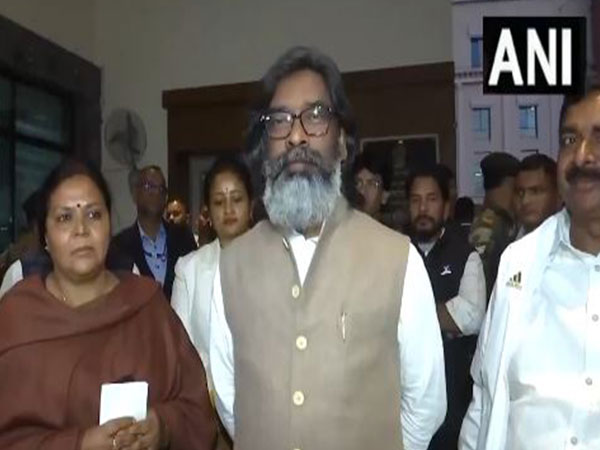Debate Intensifies Over 'One Nation One Election' Bill
The proposed 'One Nation One Election' bill, approved by the Union Cabinet, ignites controversy as regional and national party leaders voice strong opposition. Critics argue it threatens democracy and regional interests, while proponents highlight its potential benefits. The bill awaits introduction in Parliament amid calls for further scrutiny.

- Country:
- India
The recent approval of the 'One Nation One Election' bill by the Union Cabinet has sparked a flurry of reactions from political leaders across India. Chief Minister of Jharkhand, Hemant Soren, criticized the bill as advancing the BJP's agenda, emphasizing that the ruling party's majority allows them to push their initiatives.
Concerns were echoed by JMM MP Mahua Maji, who labeled the bill a "conspiracy" against regional parties. Maji suggested that the legislation aims to diminish the influence of regional political entities, concentrating power within 1-2 major parties, thereby threatening political diversity.
TMC leader Kunal Ghosh underscored his party's opposition, reiterating their leader Mamata Banerjee's stance that such a unified election system is impractical in India. Meanwhile, Congress MP Jairam Ramesh has called for the bill to be examined by a Joint Parliamentary Committee, arguing it compromises constitutional democracy.
Amidst opposition, former President Ram Nath Kovind, heading the bill's reviewing committee, emphasized its potential economic gains, suggesting it could bolster GDP growth. Prime Minister Modi hailed the Cabinet's decision as a progressive move for Indian democracy, urging broader consensus-building on this pivotal initiative.
(With inputs from agencies.)
ALSO READ
Centre did not consult with us on Waqf Bill, claims West Bengal CM Mamata Banerjee in assembly.
Waqf Bill anti-federal and anti-secular, targeted towards a particular section, alleges West Bengal CM Mamata Banerjee in assembly.
Rights of Muslims will be snatched by Waqf Bill, claims West Bengal CM Mamata Banerjee in assembly.
Mamata Banerjee Addresses India-Bangladesh Tensions with Caution
Mamata Banerjee Refrains from Commenting on Bangladesh Crisis










